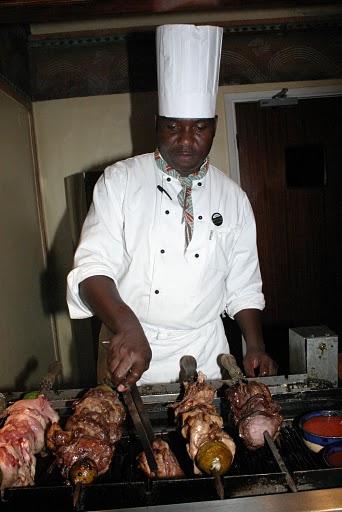One of our nice readers sent this email:
“I spend too much time on the internet doing nothing. Sometimes it is fun but it does not pay the bills. I’ve been sort of freelancing for awhile and paid a web designer to do a fancy website that I couldn’t maintain myself, and that thing didn’t generate any leads. Now I don’t have a website, but I have a blog that I don’t even use. Nini mbaya na mimi?
Hakuna kitu mbaya na wewe!
What we all need to do is to stop building all these fancy websites and complex marketing strategies. Are you making money online? Would a blog and Twitter and Facebook help you get your first three paying customers? The plain simple answer is NO. At the beginning your focus should be to get three paying clients (because one or two may just be a fluke).
After you do this, you will have established that your business idea is actually viable; you will have proven that people will actually pay for whatever you are selling. Afterwards, you can start thinking of the blogs and Facebook and other fancy stuff. Not before. I’ll say it again: skip all the fancy stuff that you hear (SEO, social media, etc) and just get your first three paying clients!
The funny thing is that almost everyone who hears this advice does not like it one bit! Instead, you like hearing things like:
- You need a Twitter page with lots of followers
- Everyone spends his time on Facebook, you need to get a facebook page
- You can’t do business without registering a company…and don’t forget business cards
You know why most people prefer the above to actually getting down to work and getting paying clients? Because it is so much easier to start a blog and Twitter and pray that somehow money will just flow in. It is much harder to sit down and make a plan on how to get three people to pay for whatever you are selling.
I have been blogging for more than six years and I’ve pretty much seen it all. If you ask me, 99.9999999% of all bloggers make a shameful amount of money, something like $2 per month. Does that really tie in with your high horse dreams of making it big? We have to be realistic about things, my friend. If your goal is to make money, do not waste time on social media.
Focus on setting up your business, not on the technology; focus on understanding your customer; focus on testing whether your idea is profitable; focus on how to build the best product or service that you can.

